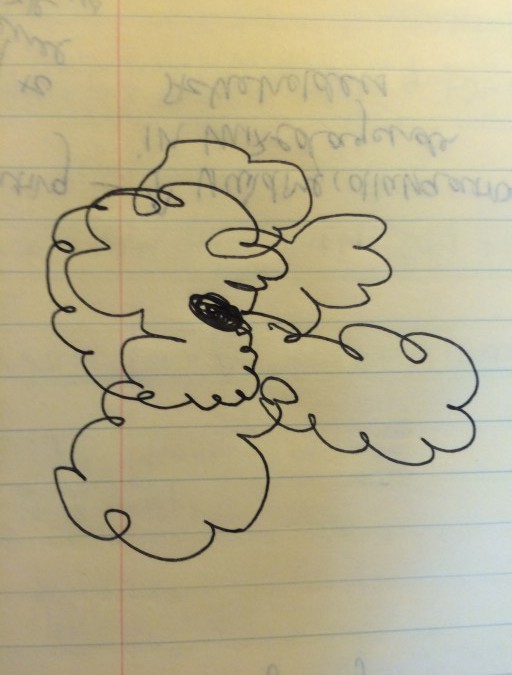V. asked me what my vision is, what is the work I want to get done in the world before I die.
So I started talking about my projects: I want to create a web platform that will help fringe theaters in Seattle connect with their audiences. I want to write WITH entrepreneurs, not FOR them, so they can find and express their big ideas. I want to hold online and in-person writing workshops. I want to spend a year creating an improvised play, and to pay the artists involved to do the work with me. I want to participate in a worldwide movement to get artists to think about making a sustainable living AND making art, even THROUGH and BY making art. I want to have difficult conversations.
Yes, but V. said, what is your purpose?
Um, unfettered self-expression? For myself and others?
Why the question marks, the rising intonation? After all, I’ve eliminated rising intonation so completely from my own speech that it takes a lot of effort to mimic.
I have this statement on my home page: “Using mother love, tenacious focus, and street smarts, I’ll coach you past the fear of getting words wrong so you can start attracting clients to the real you.” This says a lot about elements of who I am and what distinguishes me from other people doing similar work, but is it my purpose in life?
One of the spirals I spun out as I talked about my purpose was my mother’s breast cancer. She’s been cancer-free for long enough that we no longer even celebrate her “mammi-versary,” the date her breast was removed, but that day changed my life in so many ways. Mom told me that there might be something in it for me: “If I get sick enough, I’ll move to the north end and you and your sister can take care of me.”
“Oh, goody,” I said, “taking care of a sick old lady.” (At the time, I didn’t quite know how that could be a gift, but taking care of my dying father later turned into one of the best experiences of my life.)
So I started thinking about inheritance, not so much what was in it for me (since I know there will be no material estate) as what she would leave behind, and what I’d to share with my kids if they had to grow up without her. My mother gets bored with small talk; she’ll ask a guest what their position on abortion is or whether a woman is planning to take her husband’s name or simply keep her father’s on marrying. She is direct, and asks all the questions she wants the answers to. She really likes to dig down into the real questions to pursue real answers, making conversations intense and uncomfortable and truthful and meaningful.
The night of her mastectomy was a night full of crying and laughing and cuddling and discovery and disclosure, and she and my sister and I rode the roller coaster together gracefully all evening, until it was time for me to go home. Then I lied to her.
“I don’t like to think of you taking a cab home,” she said.
“Okay, Mom,” I said. And I took a cab home.
See: spirals, stories, indirection. This is how I build my empire, through beautiful talk that I hope means something. Writing to think, writing to learn, writing as a means of discovery, not of reporting what has been already been discovered. How boring that would be.
What do I really want out of life? I want to live without bullshit, to ask the questions I want answers to because they are interesting to me. To get what is interesting and meaningful to each person released into the world, so we can relate and connect deeply, even if we don’t know each other. So much of life is lying: flirtation, advertising, political evasion, workplace chatter. I’m not out to expose other people and their foibles, but it makes me sad to think about a loved one of mine who was going through a huge amount of pain that he carried silently with him into work. Work is not the place for therapy, but since we go their because of what we can do and how we can be, why do we have to cut pieces off of ourselves in order to complete these tasks?
Time’s up. See you tomorrow.

